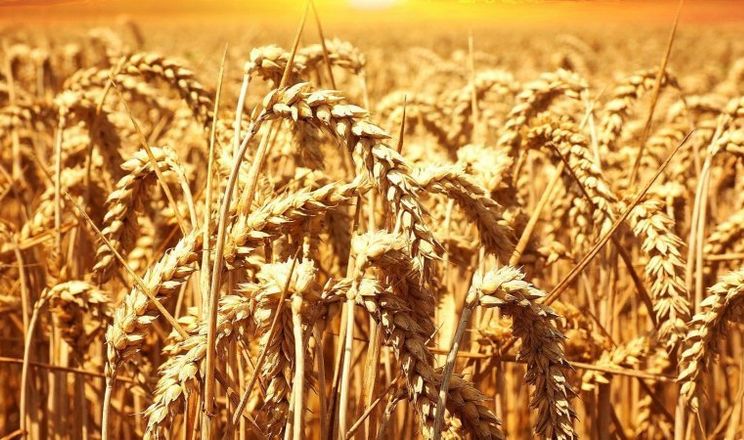Strong heat in Ukraine and Russia will negatively affect crop development and support prices

Next week in Ukraine and southwestern Russia, the heat will exceed 35°C, which will negatively affect the development of crops.
Over the next 8 days, temperatures in Ukraine will reach 35-42°C, especially hot in the south and east. The east wind will be moderate, but in the Crimea and Azov Sea gusts of up to 15-20 m/s are possible. Significant precipitation is not expected, but light rains are possible in Volyn. “A powerful anticyclone is blocking the flow of Atlantic moisture to Ukraine,” the Hydrometeorological Center reports.
Temperatures will drop no earlier than July 20, but there will be no precipitation for a long time, which will have a very negative impact on spring crops, especially soybeans, corn and sugar beets.
In the South-West of Russia, hot weather is also forecast, but at the end of next week there will be scattered rains and thunderstorms, which will reduce temperatures and stress for crops.
In the South-East of Europe, dry and hot weather will increase drought conditions on spring crops, which will reduce the yield potential. At the same time, in the North-West of the EU, excessive rains are still ongoing, which delay wheat harvesting and worsen its quality. The heat deficit delays the development of spring crops, so analysts are lowering their harvest forecasts for soybeans, sunflower and corn.
In the main agricultural regions of the United States, periodic showers and thunderstorms will continue until the weekend, and next week the temperatures will exceed 30-35°C. However, in a few days a new wave of precipitation will reduce the heat. Soybean and corn crops remain in good condition, and wheat yields are higher than last year.
In the prairies of Canada, after prolonged rains and low temperatures, dry and warm weather has finally set in, which is favorable for the development of canola and spring wheat, as well as other crops. A new wave of precipitation is expected next week, which will reduce temperatures to normal and accelerate the development of crops.
In southern Brazil, heavy rains will continue this week and next week, which will delay the harvesting of the second crop corn, especially in the state of Rio Grande do Sul, which is recovering from the floods. Sowing and development of wheat is very slow, so analysts are lowering their crop forecasts. Second-crop corn is most actively harvested in the central regions, where the weather remains dry, but experts have slightly raised the forecast for corn production in the country.
In Argentina, dry and cold weather remains, which contributes to the completion of the corn harvest, but reduces moisture reserves in winter wheat crops. Such conditions will last for another 1-2 weeks and will negatively affect the crops.
In the East and West of Australia, heavy rains continue, which replenish moisture reserves in winter wheat, barley and canola. In general, soil moisture and crop condition are satisfactory, but additional precipitation will be needed in the coming months.
Read also
Wheat in Southern Brazil Impacted by Dry Weather and Frosts
Oilseed Industry. Leaders and Strategies in the Times of a Great Change
Black Sea & Danube Region: Oilseed and Vegoil Markets Within Ongoing Transfor...
Serbia. The drought will cause extremely high losses for farmers this year
2023/24 Safrinha Corn in Brazil 91% Harvested
Write to us
Our manager will contact you soon



